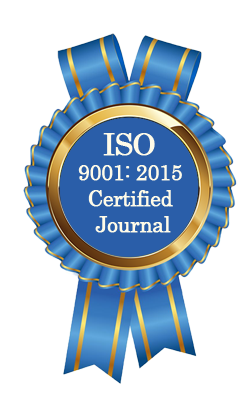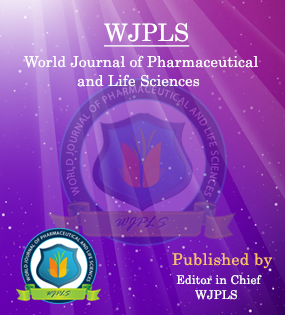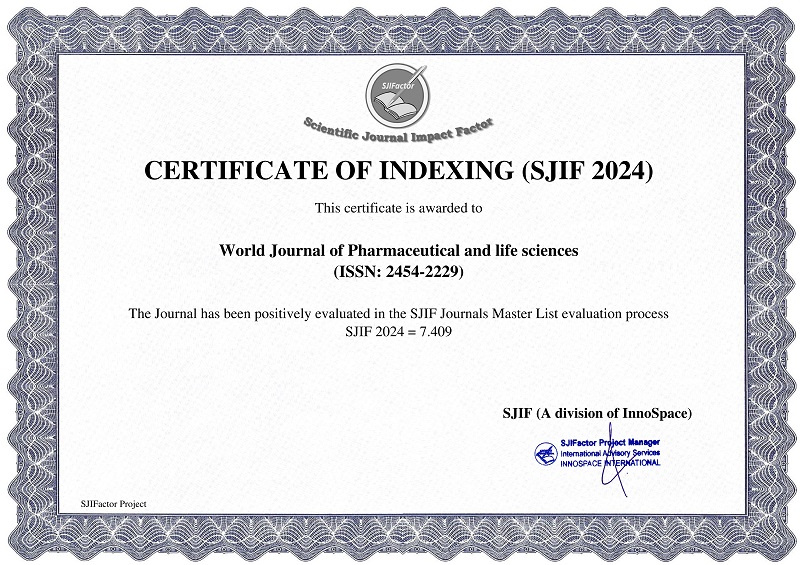Abstract
ASSESSING MEDICATION-RELATED PROBLEMS IN GERIATRIC PATIENTS: A STUDY IN A RURAL TERTIARY CARE HOSPITAL
E. Thiranya*, K. Usha, M. Ramu, T. Greeshma, K. Shireesha and Dr. M. Purushothaman
ABSTRACT
Background: Medication-related problems (MRPs) are a significant concern among the geriatric population, particularly in rural tertiary care settings. The increasing prevalence of polypharmacy and inappropriate medication use in older adults leads to a higher risk of adverse drug reactions (ADRs), drug-drug interactions (DDIs), medication non-adherence, and therapeutic duplications. Age-related physiological changes further complicate medication safety, making pharmacist-led interventions crucial for improving therapeutic outcomes. However, limited data exist on the prevalence and management of MRPs in rural healthcare settings. Objective: This study aimed to assess the prevalence and types of MRPs among geriatric patients in a rural tertiary care hospital, identify contributing factors, and assess the effectiveness of pharmacist-led interventions in enhancing drug therapy and improving patient outcomes. Methods: A prospective, observational study was conducted over six months at a rural tertiary care hospital in India. Geriatric patients (≥65 years) receiving pharmacological treatment for chronic conditions were included. Data on demographics, medication history, comorbidities, and MRPs were collected and analyzed. MRPs were classified into categories such as inappropriate drug use, polypharmacy, ADRs, DDIs, and medication non-adherence. Pharmacist-led interventions including dose adjustments, medication discontinuation, alternative drug recommendations, and patient counselling were documented along with their acceptance rates. Data analysis was conducted using descriptive statistics and chi-square tests. Results: A total of 125 geriatric patients were included, with 57.6% males and 42.4% females. The majority (39.2%) belonged to the 65–70 years age group. Polypharmacy (≥5 medications) was observed in 19.2% of patients, increasing the risk of MRPs. Among the 244 identified MRPs, the most common were suspected ADRs (8.6%), drug-drug interactions (6.5%), and drug without indication (4.0%). Pharmacist interventions had a high acceptance rate, with patient counseling (95%) and alternative drug recommendations (85%) being the most accepted. Post-intervention outcomes showed that 44.31% of MRPs were completely resolved, while 18.18% were partially resolved, indicating a positive impact of pharmacist involvement in geriatric medication management. Conclusion: This study underscores the high prevalence of MRPs among geriatric patients and the critical role of pharmacists in mitigating medication-related risks through structured interventions. The findings suggest that pharmacist-led medication reviews, patient counseling, deprescribing strategies, and medication reconciliation significantly enhance medication safety and therapeutic outcomes in elderly patients. Given the statistically significant improvements in resolving MRPs, integrating pharmacists into geriatric care teams is essential to optimize pharmacotherapy and reduce preventable medication-related complications. The study highlights the need for structured pharmacist-driven medication management programs in rural tertiary care settings. Future research should focus on long-term interventions, follow-up strategies, and policy recommendations to further improve geriatric medication safety.
[Full Text Article] [Download Certificate]WJPLS CITATION 
| All | Since 2020 | |
| Citation | 590 | 424 |
| h-index | 12 | 10 |
| i10-index | 17 | 14 |
INDEXING
NEWS & UPDATION
BEST ARTICLE AWARDS
World Journal of Pharmaceutical and life sciences is giving Best Article Award in every Issue for Best Article and Issue Certificate of Appreciation to the Authors to promote research activity of scholar.
Best Article of current issue
Download Article : Click here





